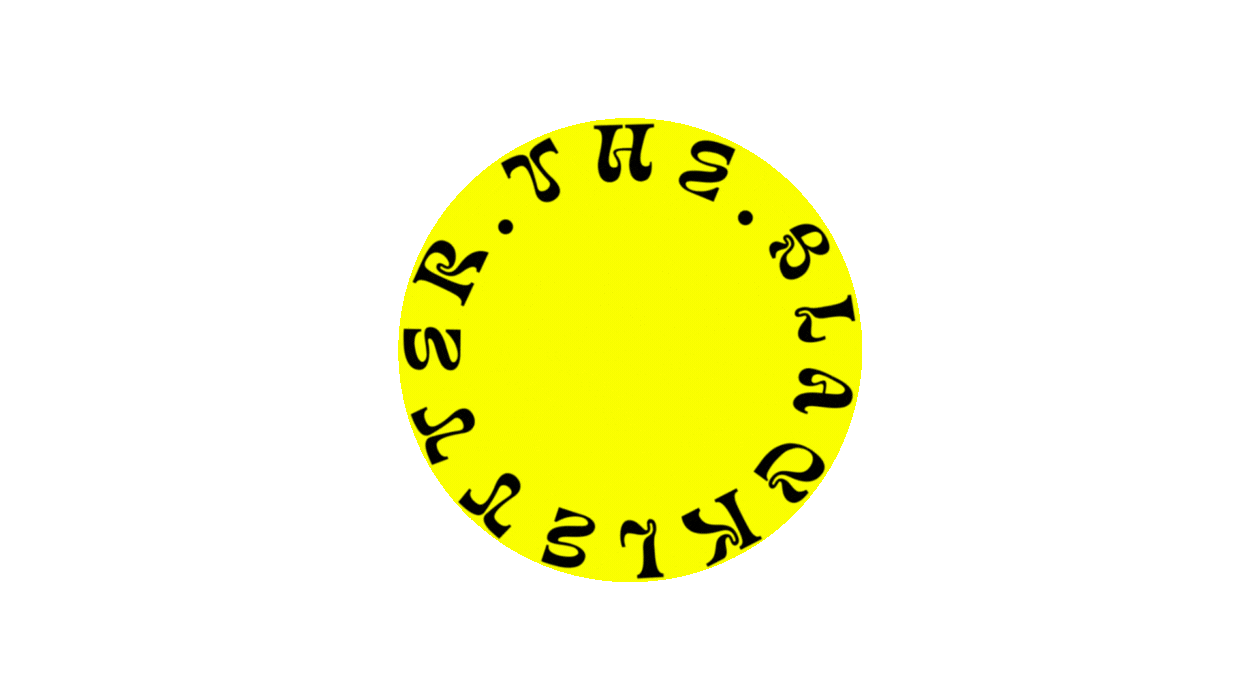Review: A Dutiful Boy by Mohsin Zaidi | Memoir of Identity
Navigating Queerness and Belonging in a Strict Muslim Household
I recently finished reading A Dutiful Boy by Mohsin Zaidi, and I’m deeply moved by this incredibly powerful and raw memoir. Zaidi’s story of growing up queer in a strict Muslim household in East London is a profound exploration of identity, love, faith, and belonging. The memoir is heart-wrenching yet uplifting, as Zaidi courageously navigates the complexities of his personal and social worlds, showing us the emotional journey of self-discovery and acceptance in the face of immense pressure.
From a young age, Zaidi felt different, caught in a turbulent internal struggle within a family and community where being gay was simply inconceivable. His story of growing up in a household where his sexuality was rejected and where the idea of being gay was taboo is deeply moving. As he recounts his experiences, he pulls the reader into his world—one where the harsh realities of a deprived inner-city school, the constant threat of violence, and the confusion of his identity all collide.
His narrative reveals how the challenges of race, religion, and sexuality are often compounded, making it even harder for someone like Zaidi to find a place where he truly belongs.
Zaidi’s journey speaks to anyone who has ever felt caught between two worlds. In his case, he was “too gay for his Muslim community, too Muslim for the LGBTQ+ community.” The memoir beautifully captures this liminal space, this feeling of being an outsider in both his ethnic and religious communities, as well as in the LGBTQ+ world. The intersectionality of his identity is complex, but Zaidi's vulnerability and willingness to share this personal struggle make it a powerful story of resilience.
A pivotal moment in the book comes when Zaidi declares his truth: “I guided him out of the dungeon and brought him into the world and set him free. ‘I’m gay.’” This simple yet profound admission symbolizes the beginning of Zaidi’s journey toward authenticity.
His truth sets him free—he sheds the burden of keeping secrets and doubts about himself, openly facing his sexual identity and the reactions from his family and community. The memoir powerfully portrays the emotional struggles of hiding one’s true self and the painful results of not living authentically for so long.
What resonates most deeply throughout A Dutiful Boy is the constant tension between Zaidi’s identity and the external pressures that seek to define him. His struggles with self-acceptance and belonging are universal, yet his experience as a queer Muslim man adds a unique dimension. His journey teaches us that identity is not static but an evolving process of self-discovery and self-acceptance. It also highlights the profound impact that growing up in an environment of rejection and denial can have on one's mental and emotional health, relationships, and self-worth.
One of the most poignant aspects of the memoir is Zaidi’s reflections on the impossibility of changing one’s inherent identity.
He writes, “I am gay and I can tell you that it can’t be cured.”
These words carry immense weight, offering a powerful reminder that our identities are not something that can be molded or adjusted to fit societal expectations. It is a liberating statement—one that urges us to embrace our true selves without apology or shame.
While I did feel a sense of discomfort in some parts of Zaidi’s narrative—particularly regarding his self-hate in his dating preferences—this does not detract from the overall power of the book. If anything, it underscores the complexities and struggles that people often face when trying to reconcile different aspects of their identity, especially when they’ve been conditioned to feel that one part of them is “less than” or “wrong.”
Ultimately, A Dutiful Boy is a beautiful testament to resilience, courage, and the power of storytelling. Zaidi’s eloquent prose invites readers to reflect on their own identities and the different stories that shape them. Through his journey, we are reminded that self-acceptance is a powerful, ongoing process, and that our stories have the potential to inspire others who may be navigating similar struggles.
This memoir is a must-read for anyone interested in the complexities of navigating cultural, religious, and sexual identities, and for anyone who believes in the transformative power of telling our truths.
Zaidi’s memoir is not just for the queer community—it is for anyone who has ever felt the burden of living a life that isn’t entirely their own. It's a story of reclaiming one’s truth and finding peace within. If you haven’t already read it, I highly recommend A Dutiful Boy as it’s not only a compelling personal story but a crucial conversation about identity, love, and belonging in today’s world.

